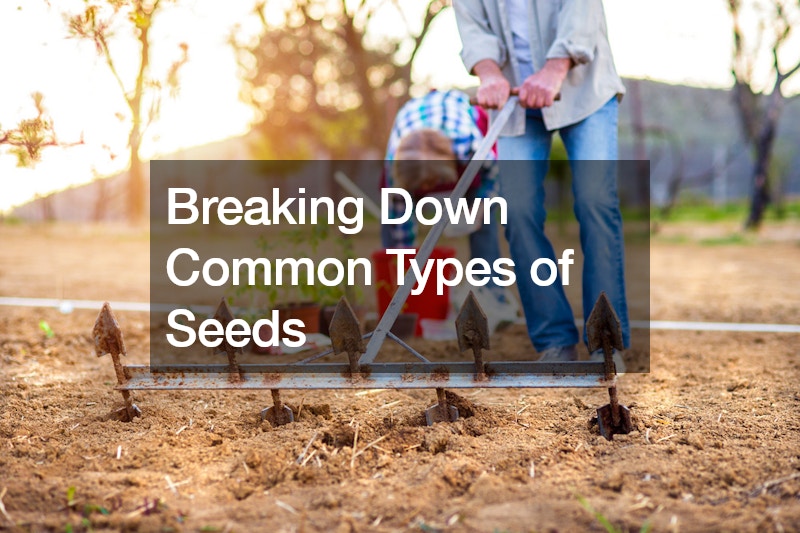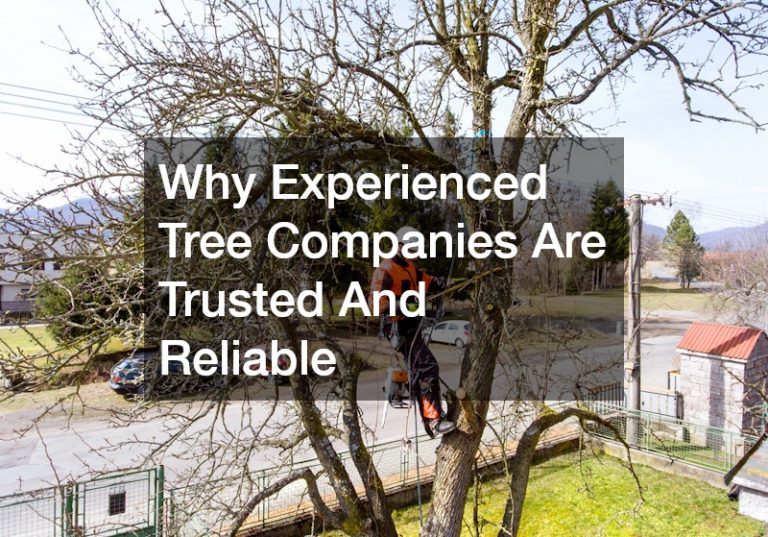

Seeds are like tiny packages of potential, holding the promise of life and growth within them. Whether you’re a seasoned gardener or just starting out, understanding the different types of seeds available when you find a sale on seeds can help you make informed choices for your garden. In this article, we’ll break down four common types of seeds: Heirloom, Hybrid, Organic, and GMO, shedding light on their characteristics, benefits, and considerations.
Heirloom Seeds
Heirloom seeds are pieces of living history, passed down through generations. These seeds are open-pollinated, meaning they are pollinated naturally by insects, birds, wind, or other natural means.
They often have a rich backstory, with some varieties tracing back centuries.
One of the main appeals of heirloom seeds is their genetic diversity. They come in a wide range of shapes, sizes, colors, and flavors, offering a plethora of options for gardeners looking to cultivate unique and traditional crops. Additionally, since heirloom plants are open-pollinated, gardeners can save seeds from year to year, maintaining the integrity of the variety.
Hybrid Seeds
Hybrid seeds are the result of crossbreeding two different varieties of plants to create offspring with specific desired traits. This controlled breeding process aims to combine the best characteristics of each parent plant, such as disease resistance, yield, or flavor.
While hybrid seeds offer advantages like uniformity and vigor, they typically do not produce offspring with identical traits. In other words, if you save seeds from hybrid plants and replant them, the resulting plants may not exhibit the same desirable qualities as the parent plant. Despite this limitation, hybrid seeds are widely used in commercial agriculture for their reliability and productivity.
Organic Seeds
Organic seeds are grown without the use of synthetic fertilizers, pesticides, or genetically modified organisms (GMOs). Instead, they are produced using organic farming practices that promote soil health, biodiversity, and ecological balance.
Choosing organic seeds when you find a sale on seeds not only supports sustainable agriculture but also ensures that your garden remains free from harmful chemicals. By cultivating organic crops, gardeners contribute to a healthier environment and promote the well-being of pollinators, beneficial insects, and other wildlife.
GMO Seeds
Genetically modified organisms (GMOs) have sparked considerable debate in the realm of agriculture and food production. GMO seeds are engineered in laboratories to introduce specific genetic traits, such as resistance to pests, herbicides, or environmental stressors.
Proponents of GMOs argue that these seeds offer solutions to pressing agricultural challenges, including food security, crop productivity, and sustainability. However, critics raise concerns about the potential long-term effects on human health, biodiversity, and the environment.
It’s essential to approach GMO seeds with caution and consider the potential implications before incorporating them into your garden. While they may offer certain benefits, it’s crucial to weigh them against the broader ethical, environmental, and health considerations.
Choosing the Right Seeds for Your Garden
When it comes to selecting seeds for your garden, there’s no one-size-fits-all solution. Each type of seed—whether heirloom, hybrid, organic, or GMO—has its own set of characteristics, advantages, and considerations. Here are some factors to keep in mind when choosing seeds for your garden:
- Goals and Preferences: Consider your gardening goals, preferences, and values. Are you passionate about preserving heritage varieties? Do you prioritize organic and sustainable practices? Understanding your priorities will guide your seed selection process.
- Growing Conditions: Assess your garden’s growing conditions, including climate, soil type, sunlight, and water availability. Choose seeds that are well-suited to your local environment to maximize growth and productivity.
- Seed Quality: Look for reputable seed suppliers that offer high-quality seeds with reliable germination rates and genetic integrity. Reading reviews and seeking recommendations from fellow gardeners can help you identify trustworthy sources.
- Long-Term Sustainability: Consider the long-term sustainability of your gardening practices. Opting for open-pollinated heirloom seeds and organic varieties can support biodiversity, soil health, and ecological resilience in the long run.
Seeds are more than just the starting point of a garden—they embody a wealth of history, innovation, and possibility. Whether you’re drawn to the time-honored tradition of heirloom seeds, the innovative potential of hybrid varieties, the sustainable ethos of organic farming, or the technological advancements of GMOs, there’s a world of options waiting to be explored in the realm of seeds. By understanding the characteristics and considerations associated with each type of seed, you can make informed choices when there’s a sale on seeds that align with your gardening goals and values, ensuring a bountiful harvest and a flourishing ecosystem in your backyard oasis. For more information on how you can improve your gardening, check out the video linked above or read other articles on our site!



